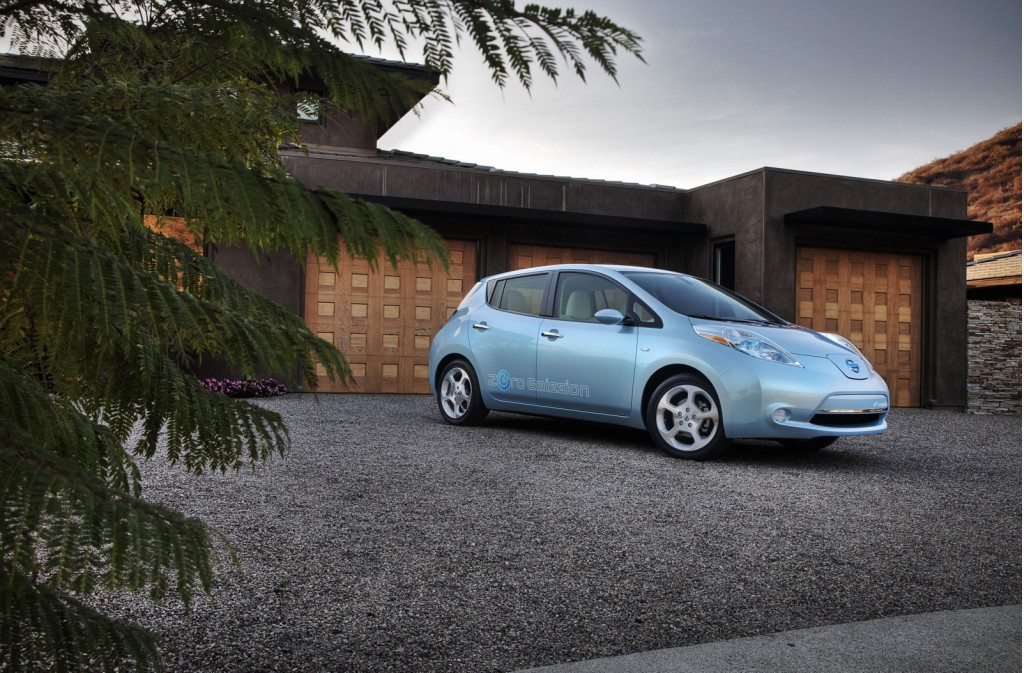Nissan Motor Company, the maker of the 2011 Leaf EV, posted today a net loss of $125 million for the first quarter of 2010 and a $45.8 million profit for the full fiscal year ending March 2010 -- a distinct improvement on the $2.9 billion loss for the financial year ending March 2009.
With orders for the 2011 Leaf expected to reach 25,000 by the end of 2010 in the U.S. alone, future profits are expected to triple for the future fiscal year.
Sales were due in part to a massive increase in sales in China.
Nissan will continue targeting Chinese and Indian markets in 2011. Both countries are known for their electric vehicle development.
Carlos Ghosn, CEO of both Nissan and Renault, also announced a planned increase in spending for year ending March 2011 of $400 million on research and development. Ghosn's vision that by 2020, 10% of cars sold will be electric is highly likely to result in increased research and development on electric vehicles during the current financial year.
Nissan are fully committed to electric vehicles. To date, Nissan have borrowed $1.6 billion from the U.S. Department of Energy in low-cost loans in order to revamp a plant in Smyrna, Tenn., to produce the U.S. specification 2011 Leaf. Rumors already exist that Nissan are already working on a smaller EV to compete directly with Mitsubishi's i-Miev.
Nissan plans to commence selling the pure electric 2011 Nissan Leaf this fall and has already received well over 8,000 pre-orders. It will have a range of 100 miles per charge and retail for an expected $32,000 before any tax credits are applied.
The company is keen to rebrand itself as a green automaker and hopes to replicate the sales successes Toyota had with its Prius hybrid modes in the past ten years.

2011 Nissan Leaf prototype
The 3rd largest automaker in Japan obviously has its sights target firmly on Toyota and Honda, both of which have a larger market share than Nissan but currently do not make any electric vehicles.
While Toyota make the 2011 Prius and luxury Lexus hybrid cars they do not have an electric vehicle model planned for 2011; Honda also produces the 2010 Insight hybrid but traditionally has focused on fuel cells for future drivetrains. This gives Nissan a natural market lead in the electric vehicle sector.
With Nissan working closely with European maufacturers Renault and Daimler AG on an 11 year partnership into electric vehicle technology and shared stakeholding -- all of which have firm plans to bring electric cars to market next year -- expect more electric vehicles from this trio very soon.













